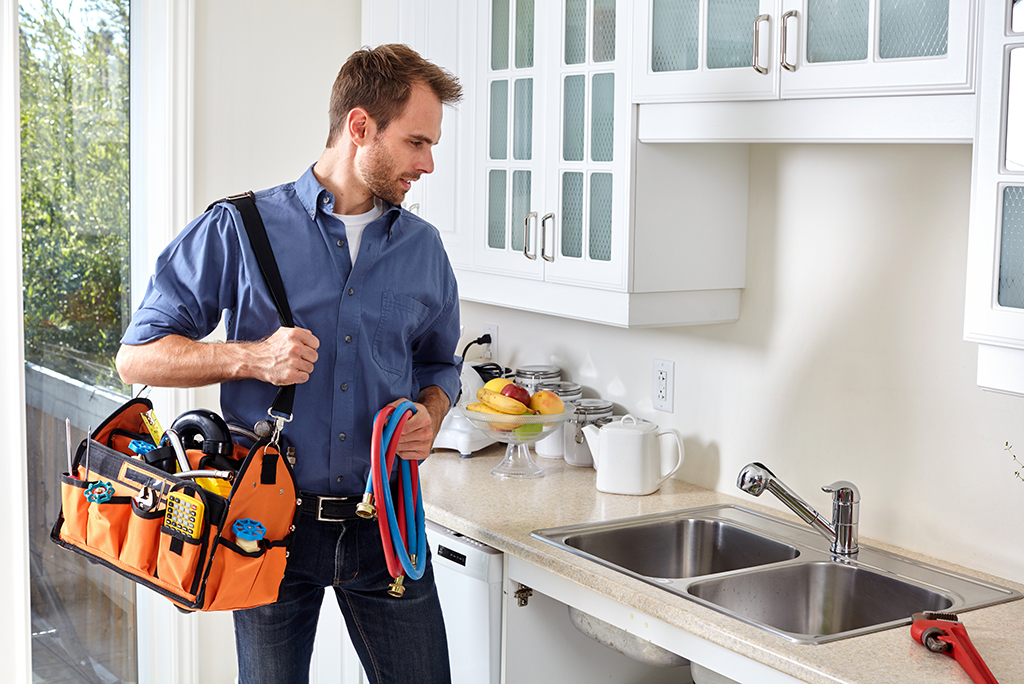If you find yourself in need of a new water heater, it may be because your current one is leaking. A leaky water heater can be a major inconvenience, and it can also cause damage to floors and walls if left unchecked. Fortunately, there are several common causes of a busted water heater that you can troubleshoot before calling for a Plumber Altona for help or buying an entirely new appliance.
The water heater tank has a leak.
Do you have a leaking water heater? This guide will help you determine what is causing the leak.
Water heaters are made of steel and can develop holes over time. The pressure inside the tank can cause small leaks to turn into larger ones if left unchecked, leading to significant damage and expensive repairs. To prevent this from happening, check your water heater regularly for signs of a developing leak and consult a professional if you find any.
Leaks are usually easy to spot when they happen at the bottom of your tank—they look like stains or wet areas on your flooring or walls. Leaks that develop on the top or in areas where there isn’t much flooring (such as side panels) might be harder to see right away because water doesn’t pool up like it does when there’s too much pressure inside: instead, it simply begins seeping through cracks in these places until they become large enough for drops to drip onto whatever surface lies beneath them (like your kitchen floor).
You have a leaky or broken water connection or valve.
 If your water heater is leaking, and you don’t see a leak at the bottom of your water heater tank (where the tank meets the floor), then it’s possible that there is a leak somewhere in your plumbing system.
If your water heater is leaking, and you don’t see a leak at the bottom of your water heater tank (where the tank meets the floor), then it’s possible that there is a leak somewhere in your plumbing system.
To check for this, first, make sure that you have adequate pressure coming out of your faucet—if not, then you may have a water line blockage or lack of water pressure from too long of a run from the main shutoff valve to where ever you are trying to use it.
If this isn’t the case, then remove all hoses connected to your hot and cold supply lines by shutting off both valves before removing them completely from their respective ports on top or underneath your water heater. Once disconnected, inspect them for cracks or signs of wear or deterioration that could be causing leaks into other areas around them.
Your water pressure is too high.
If your water pressure is too high, it could be due to a number of reasons. If you have an outside well, your pump may be malfunctioning, and the pressure is too high. If you have a water softener or filter installed, those can also cause increased water flow and therefore increased pressure. To fix this problem, contact a plumber Altona and ask him or her to check for any leaks in your system that could be contributing to the problem.
Your hot water tank has an internal disconnect.
The hot water tank has an internal disconnect.
If your water heater is no longer producing hot water, look for a disconnect on the inside of your tank. A disconnected hose or pipe within the tank can cause significant damage to the heating element and other parts of your hot water heater if left unattended.
Conclusion
And there you have it—the most common causes of a broken water heater. We hope this article has helped you identify the problem and that you’re now on your way to fixing (or replacing) your water heater! If there are any questions left unanswered, feel free to consult our blog for more information about how to fix these issues.

